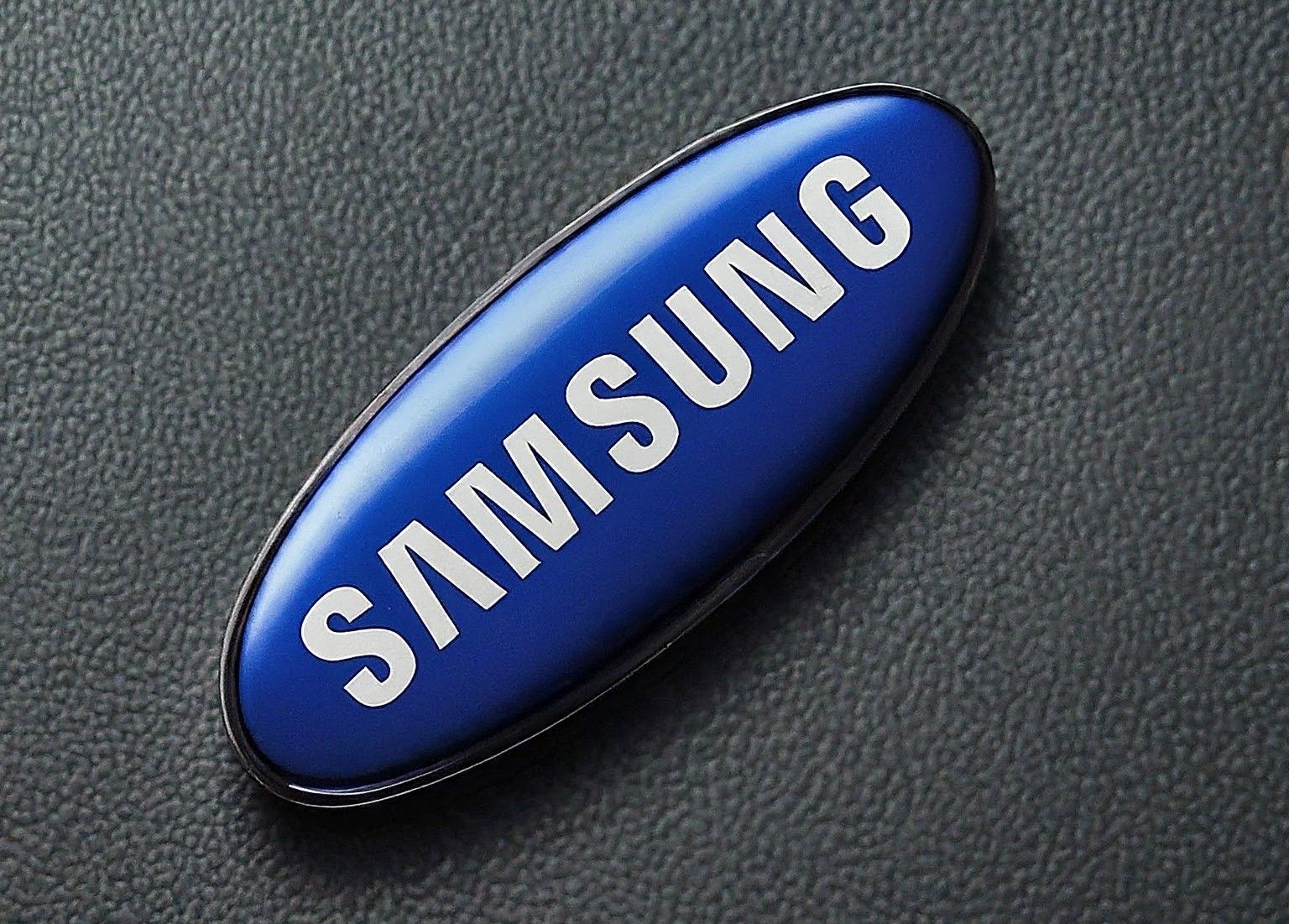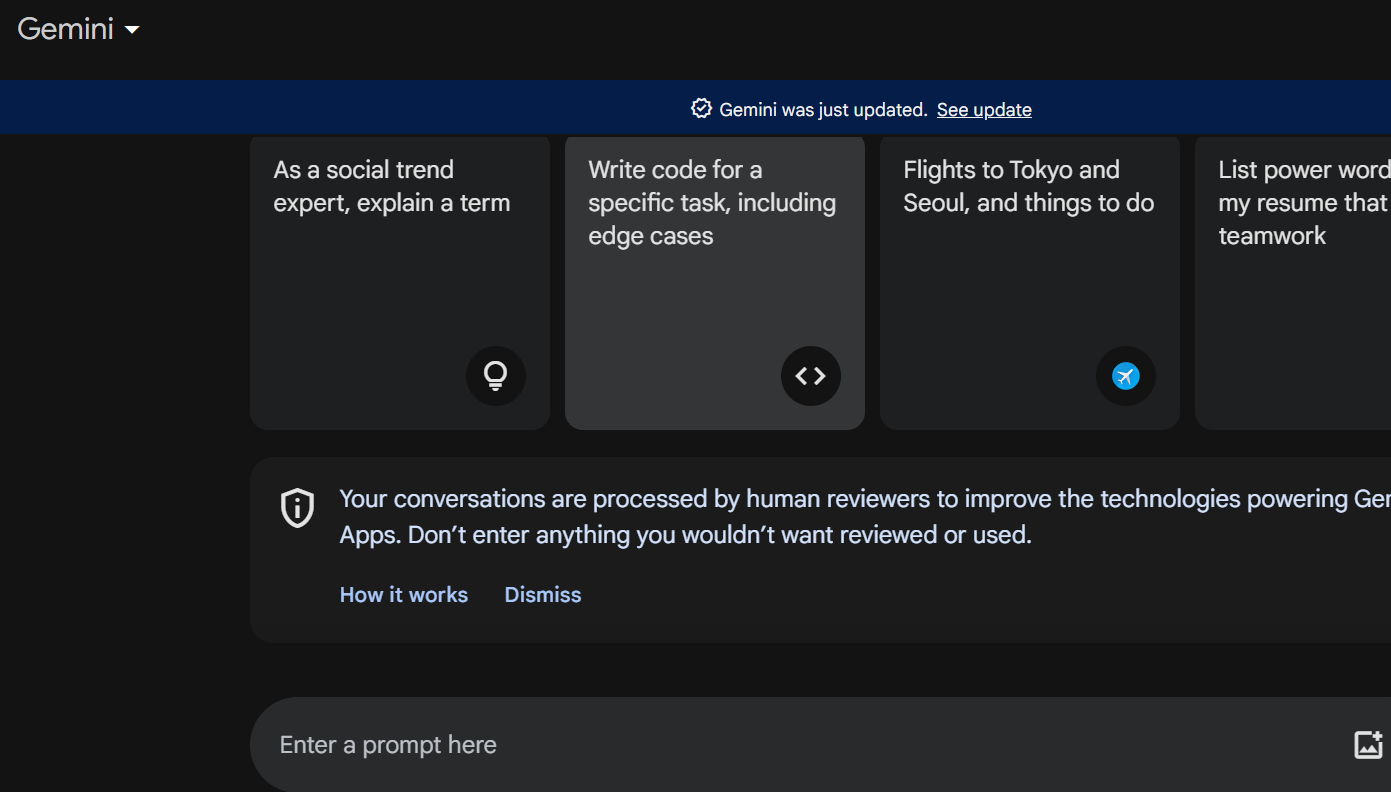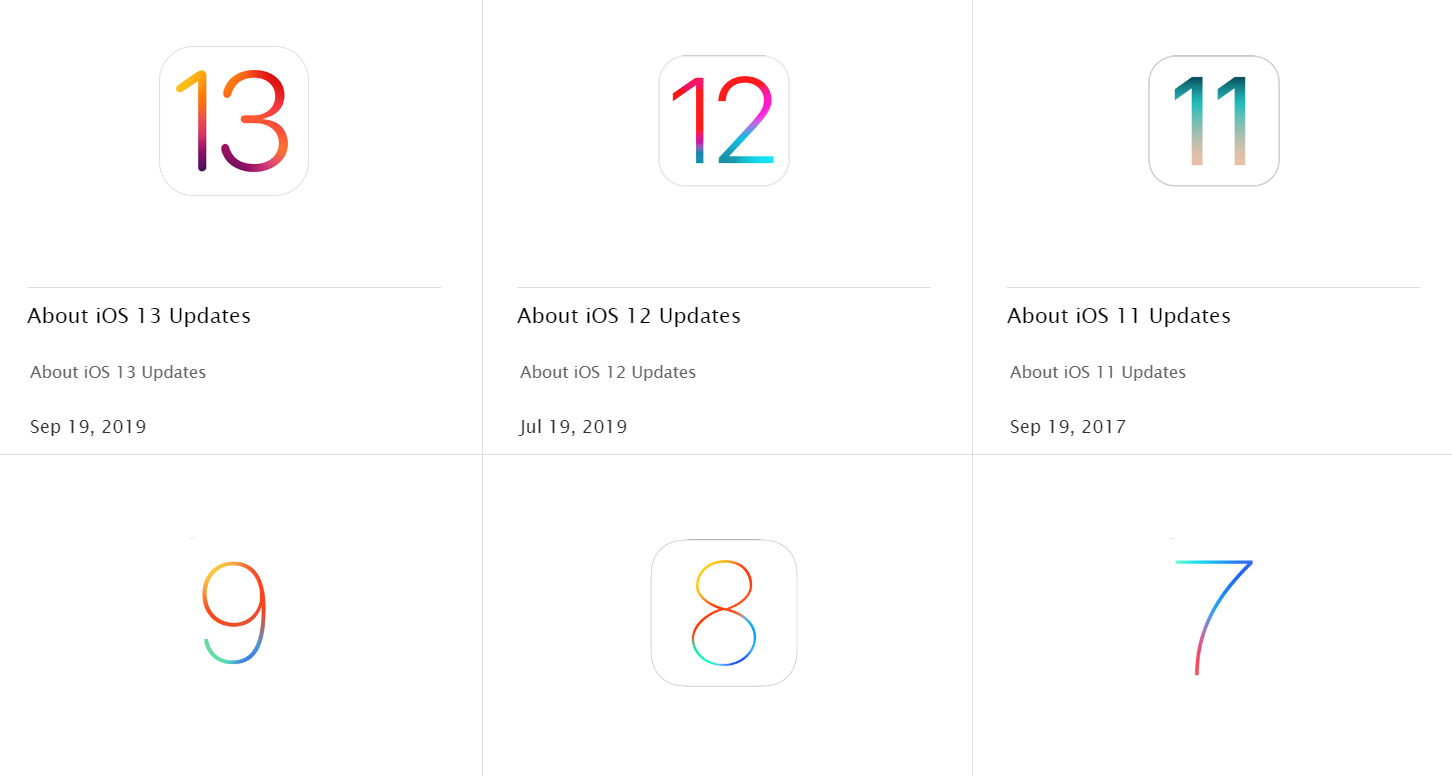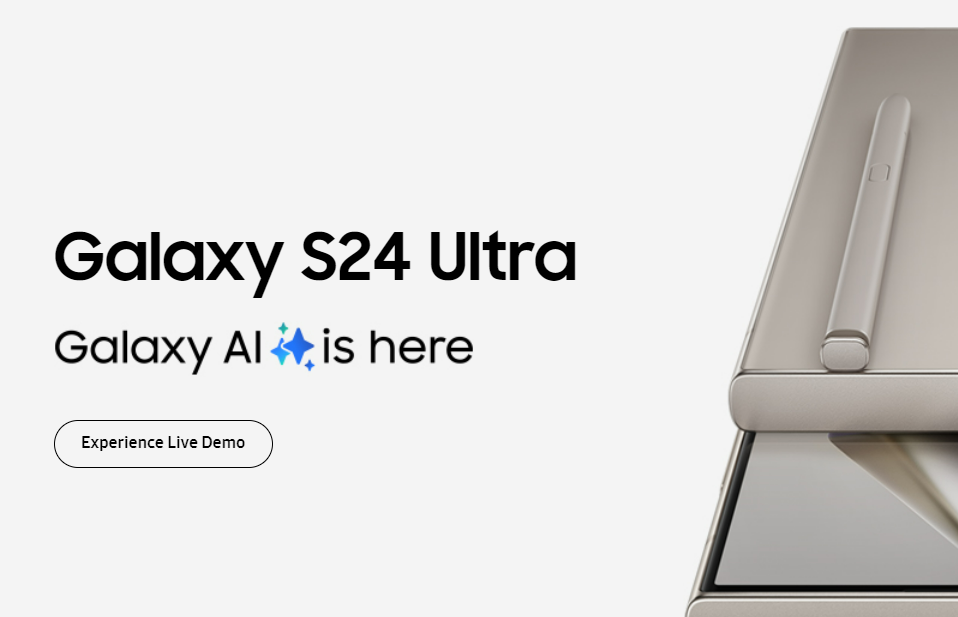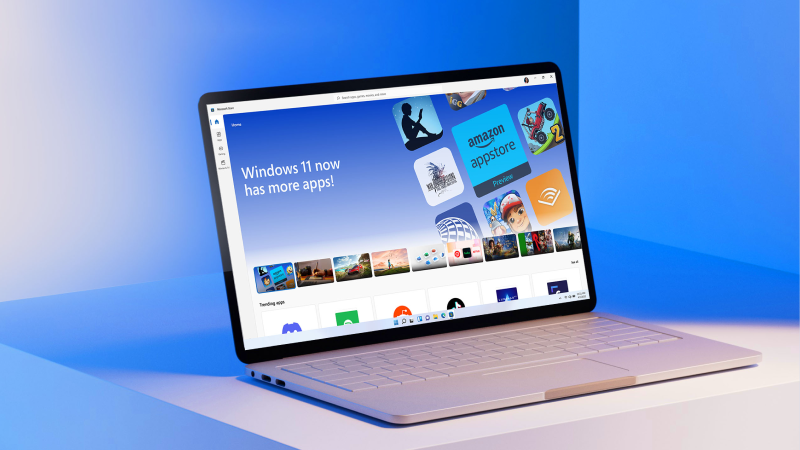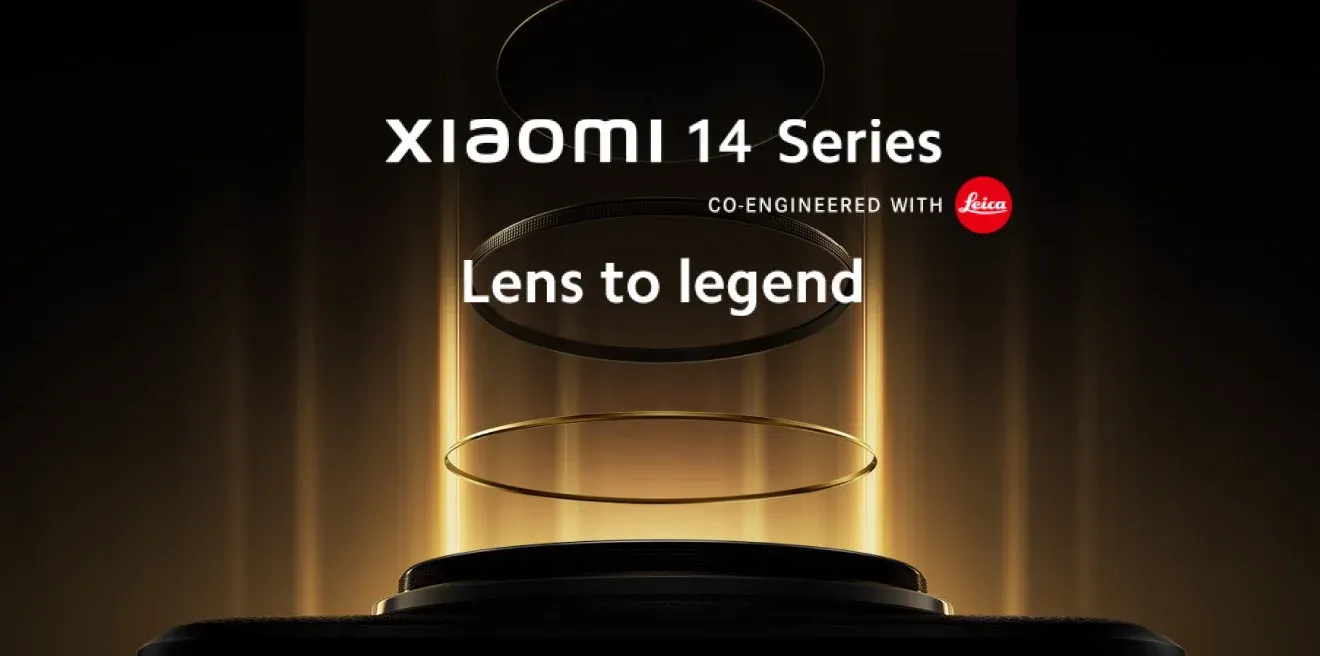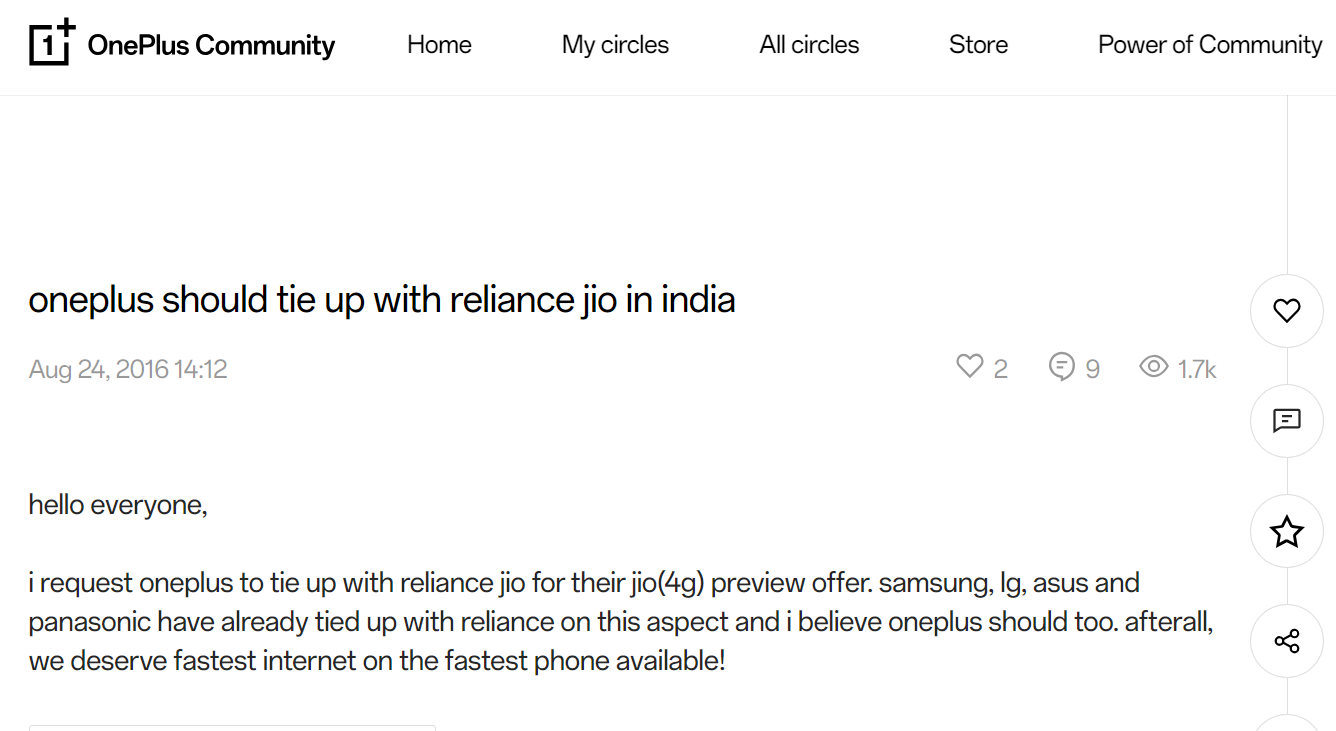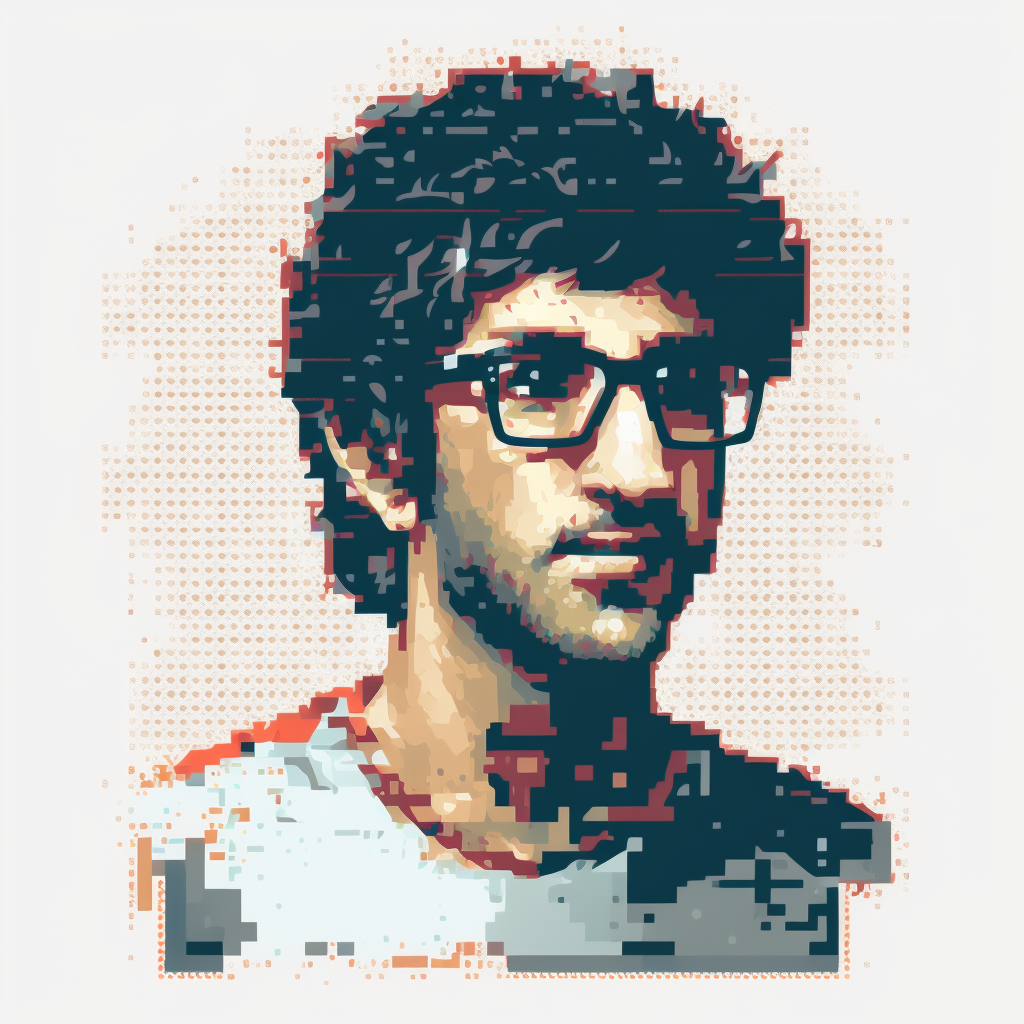Table of contents
Companies are constantly vying for a competitive edge in the rapidly evolving world of artificial intelligence (AI). However, an article from SemiAnalysis reveals an interesting perspective from Google, stating that the tech giant believes neither it nor any other company has a "moat" regarding AI technology. This outlook suggests that collaboration and shared development, rather than exclusivity, could be the key to unlocking AI's full potential.

Google's stance on the lack of a moat in AI stems from the belief that the technology is still in its infancy and no company has a significant lead over others. The article explains that Google sees the development of AI as a collaborative effort, with multiple players contributing to its growth and success. This approach starkly contrasts the notion of a competitive edge or exclusivity, which is often associated with breakthrough technologies.
There are several reasons why collaboration in AI development is beneficial. Firstly, the rapid pace of AI advancements means no single company can claim all the answers. Companies can combine their expertise and resources by working together, accelerating the development of more advanced AI systems.
Additionally, collaboration can foster innovation by promoting the sharing of ideas and knowledge. When companies work together, they can learn from each other's successes and failures, leading to more robust AI solutions.
Another significant advantage of a collaborative approach to AI development is the potential for ethical and responsible AI practices. With multiple stakeholders involved, the AI industry can develop guidelines and standards that ensure the technology is used for the greater good rather than being monopolized by a select few.
However, it is essential to recognize that collaboration does not mean abandoning competition. Companies can still compete in AI, striving to develop better products and services. The idea of collaboration in AI development emphasizes the importance of working together towards common goals and shared values rather than focusing solely on outperforming one another.
Google's belief in lacking a moat in AI technology highlights the company's commitment to openness and collaboration. This approach is evident in several of Google's initiatives, such as the TensorFlow open-source machine learning framework and the partnership with other tech giants to form the Partnership on AI.
In conclusion, Google's perspective on AI development emphasizes the importance of collaboration and shared progress rather than exclusivity or competition. By fostering a culture of collaboration, companies can work together to accelerate AI advancements, promote innovation, and ensure ethical and responsible practices in the industry. As AI continues to reshape our world, companies must adopt a collaborative mindset to fully harness the technology's potential for the benefit of all.



